From its official launch back in September, iOS 11 has been equal parts revered as it has been criticized. Even with all the great, new features we've come to expect from a major iOS update, plenty of bugs and glitches have forced users to overlook the positives. Perhaps that is why, four months later, 25% of iPhone owners are still running iOS 10.3 or earlier.
According to Apteligent Data, only 75.7% of iOS users have adopted the newest version of Apple's mobile software. A whopping 17.9% of users still run some variant of iOS 10, while 5.63% are still on iOS 9. The remaining users, which is about 1% of devices, run either iOS 8, 7, or 6.
- Don't Miss: 20 Things That Suck About iOS 11 for iPhone
Those who purchased one of the late-2017 model iPhones, i.e., the iPhone 8, iPhone 8 Plus, or iPhone X, don't have a choice in whether to upgrade or not. Those phones come preinstalled with iOS 11, with no way to downgrade.
Of course, these statistics from Apteligent Data aren't just considering iPhones since iOS also runs on both iPads and iPod touches. This does stretch the numbers beyond what solely iPhone ownership would represent.
There are 10 iPad models that can run either iOS 10 or iOS 11, as well as just one iPod touch, but anyone that still uses an iPhone 5 or older, fourth-generation iPad or older, or fifth-generation iPod touch or older cannot update to iOS 11, which can be one explanation for the low adoption rate.
There are many other theories and thoughts as to why one-quarter of iOS users are not upgrading. There's certainly some truth to iOS 11's bad press driving users away, however, there are also other considerations. While it would make sense that the battery scandal late last year would stop users from upgrading, those issues started with iOS 10.2.1, not any particular version of iOS 11.
Another explanation includes a disruptive feature of iOS 11 — the retirement of 32-bit apps. There are a considerable amount of apps in the App Store that have not been upgraded to 64-bit standards. While that wasn't such a big deal in the past, iOS 11 effectively kills those apps by only allowing 64-bit apps to run on iOS. Users who upgrade have to say goodbye to any apps abandoned or not updated by developers (adios, Flappy Bird).
One more obvious explanation includes jailbreakers, since Cydia is not yet compatible with iOS 11, a huge factor to consider even though there are a few iOS 11 jailbreaks available.
It's also possible a chunk of these users just can't be bothered to upgrade their devices. Most of us know users with that red alert in their Settings app — they see the upgrade pending but choose to ignore it. After all, they're used to the way their iPhone, iPad, or iPod already is — why change?
Hopefully, with some future fixes, Apple can offer those users a reason to update.
- Follow Gadget Hacks on Facebook, Twitter, YouTube, and Flipboard
- Follow WonderHowTo on Facebook, Twitter, Pinterest, and Flipboard
Cover image by EverythingApplePro/YouTube





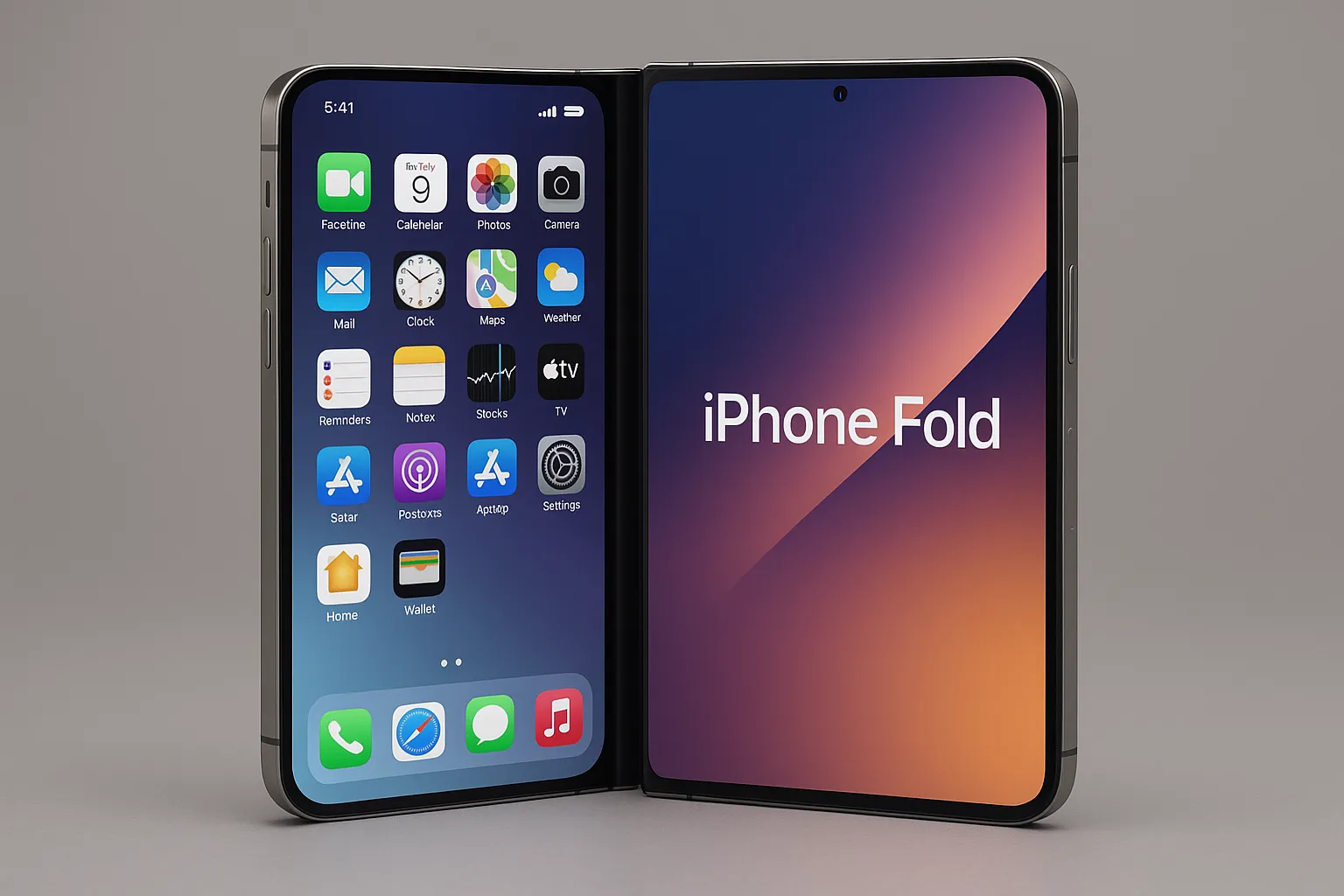


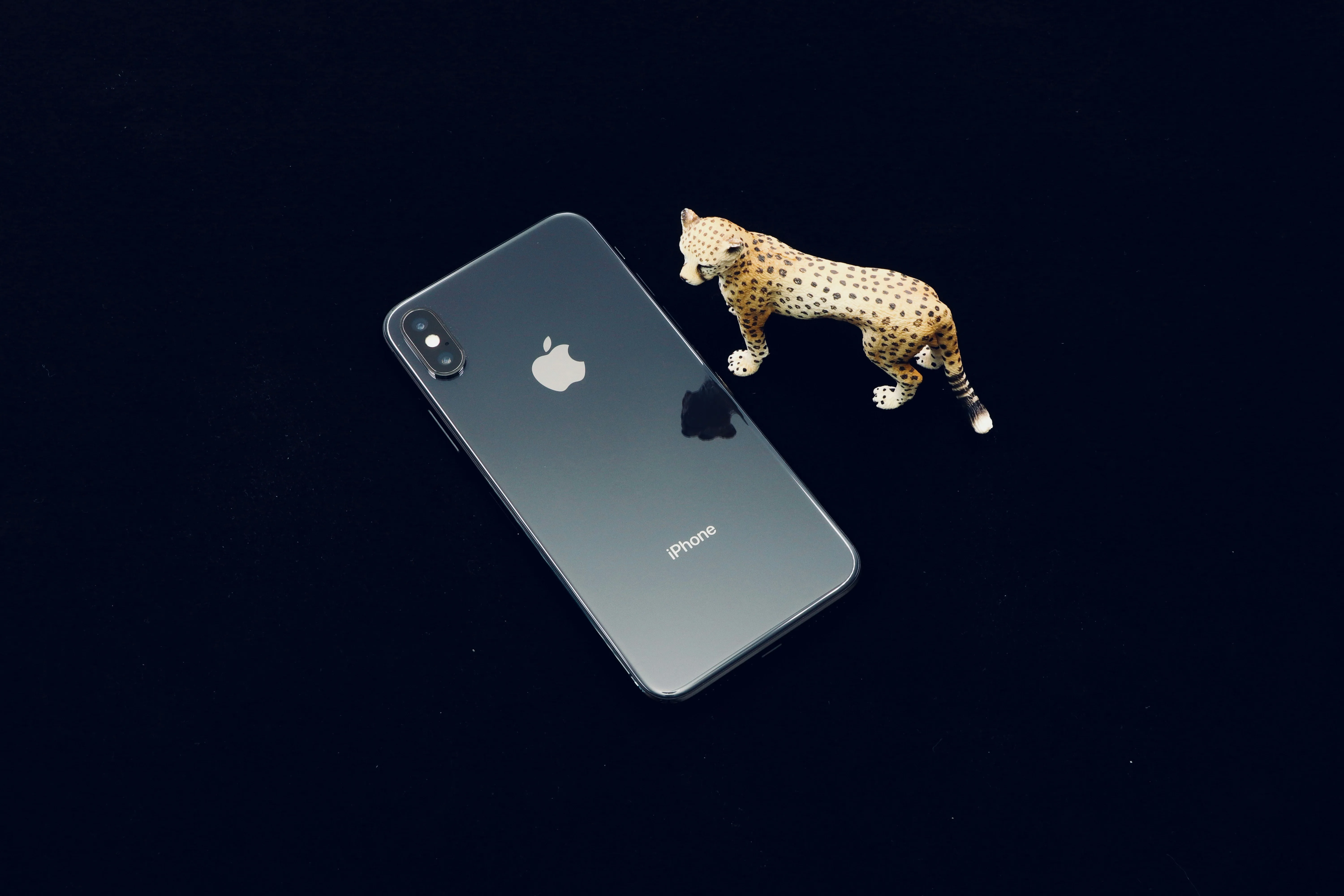

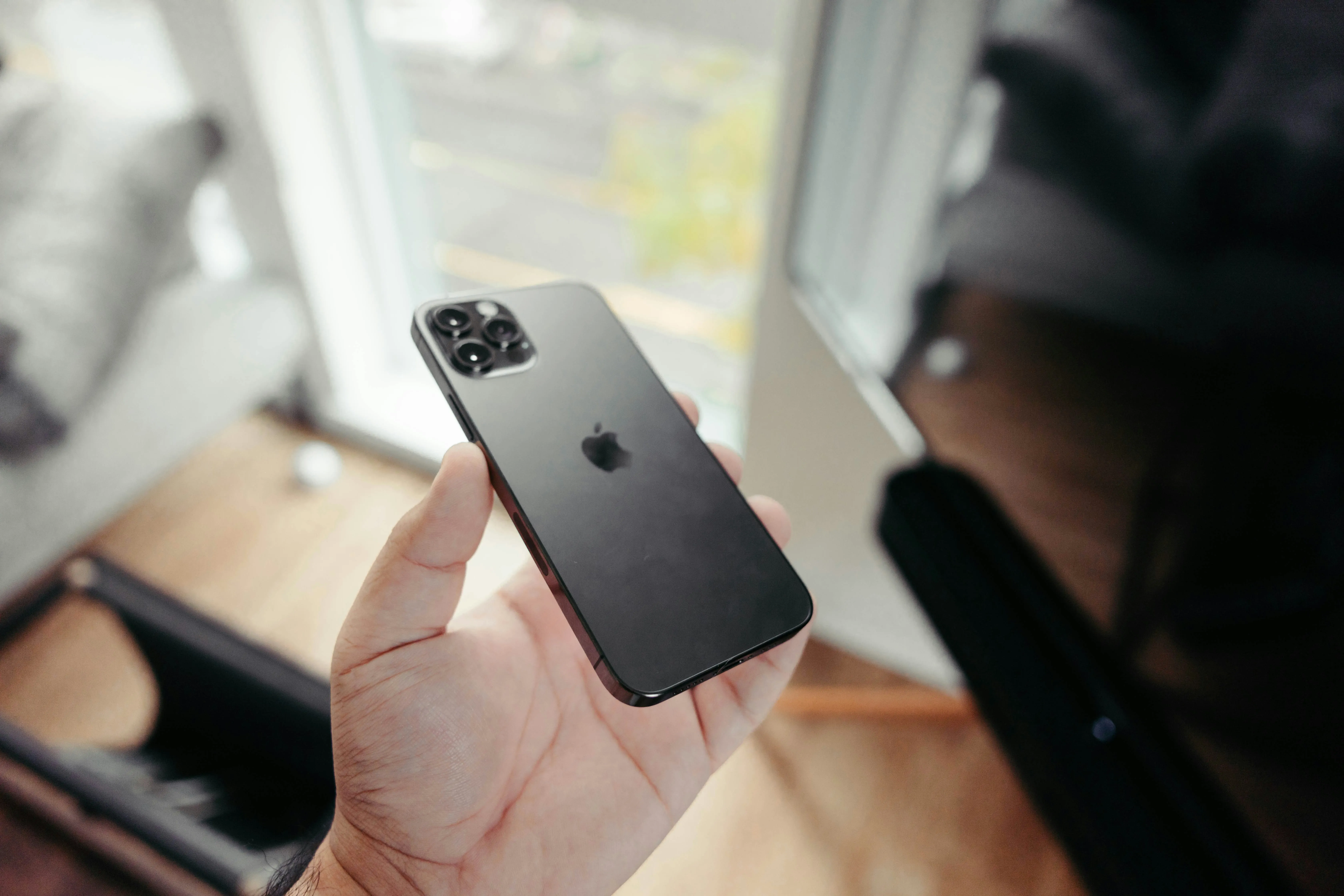




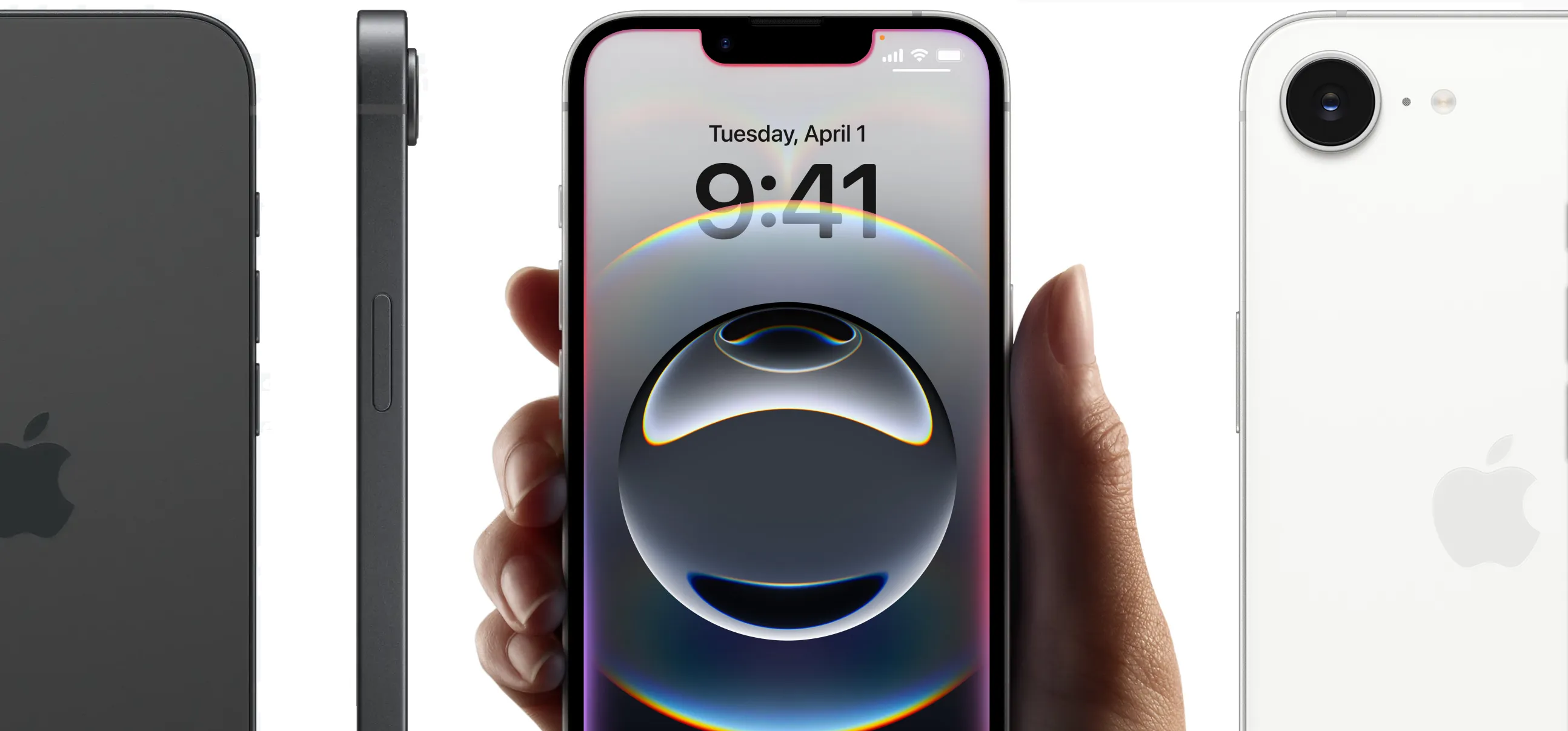

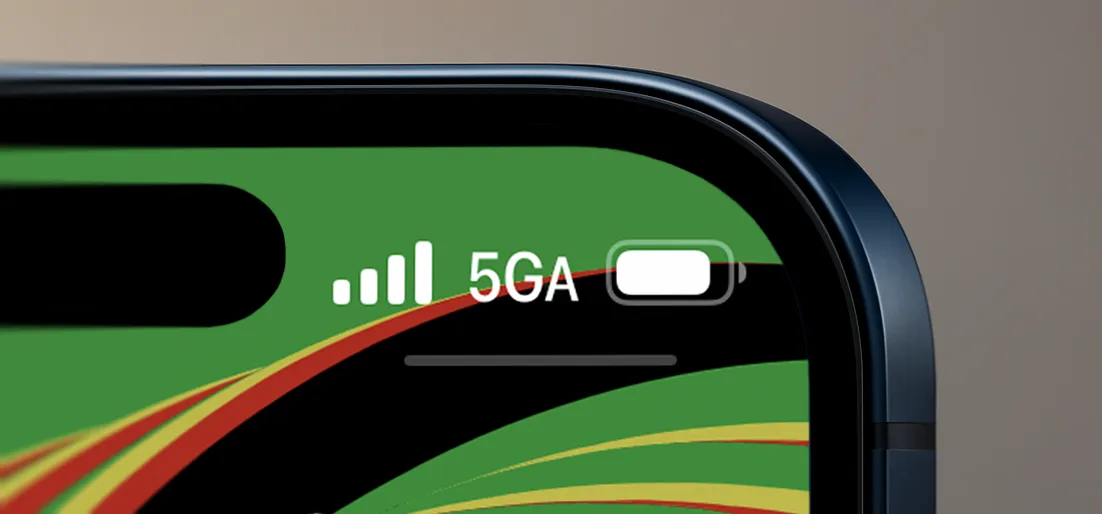
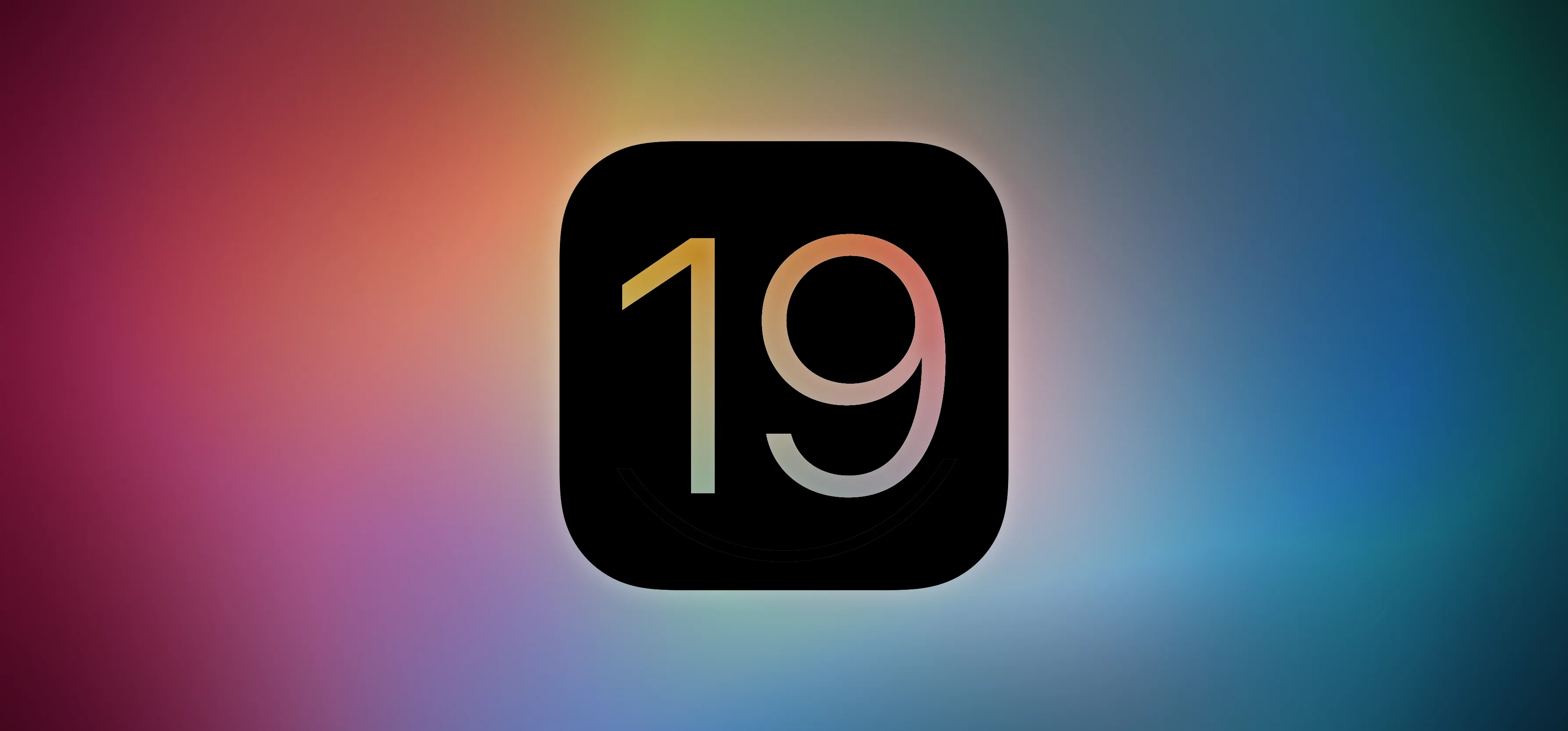
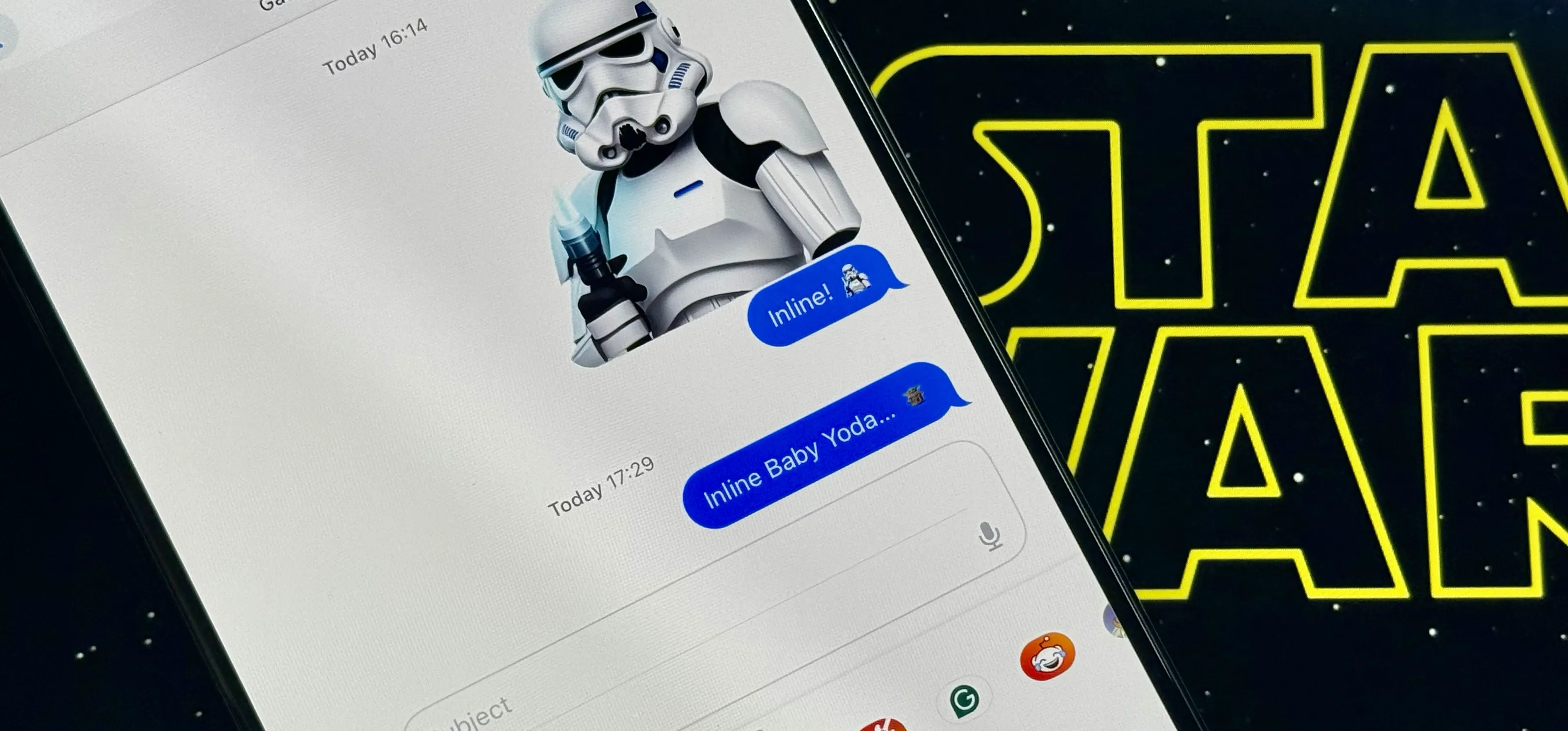

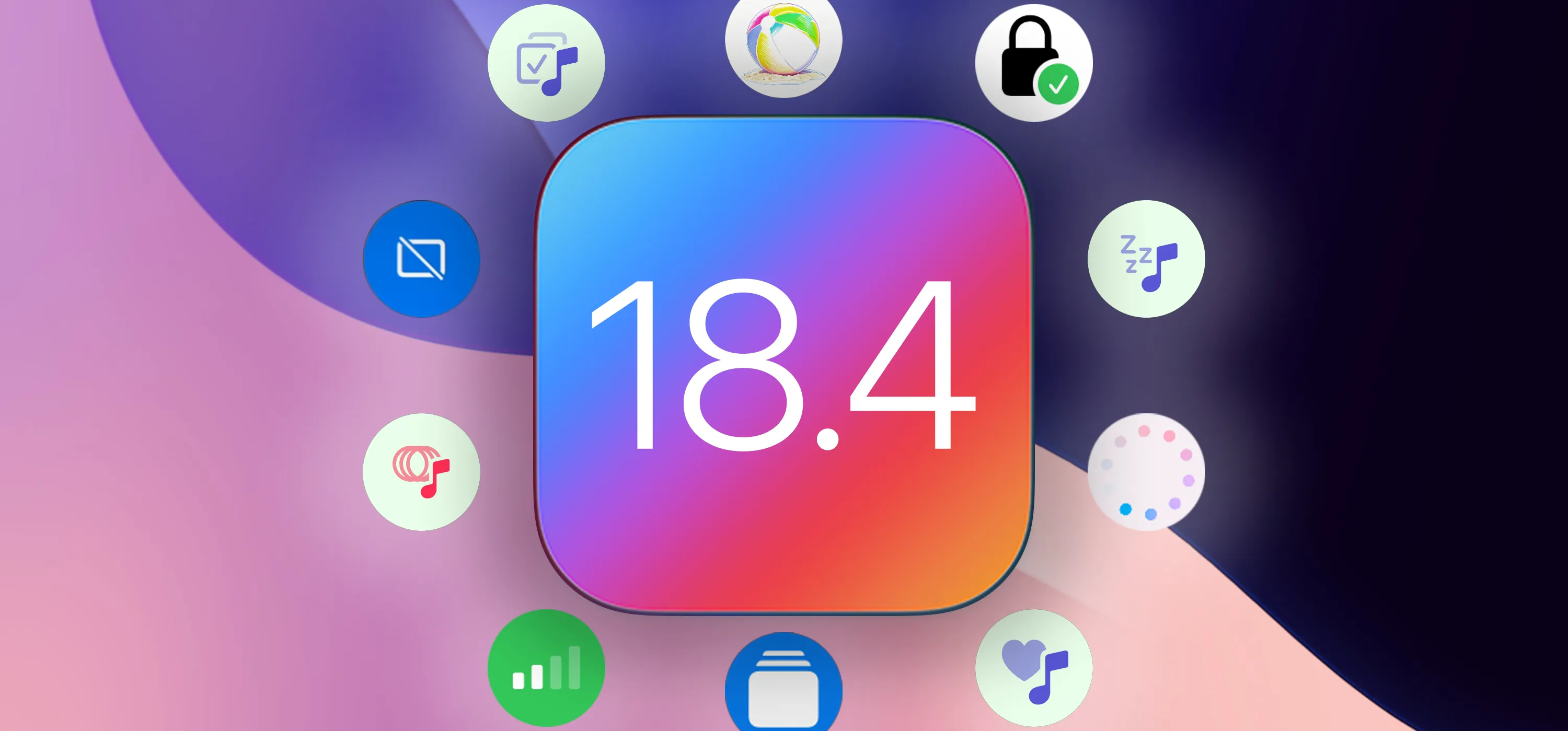
Comments
Be the first, drop a comment!